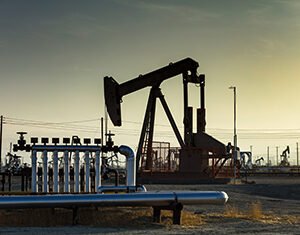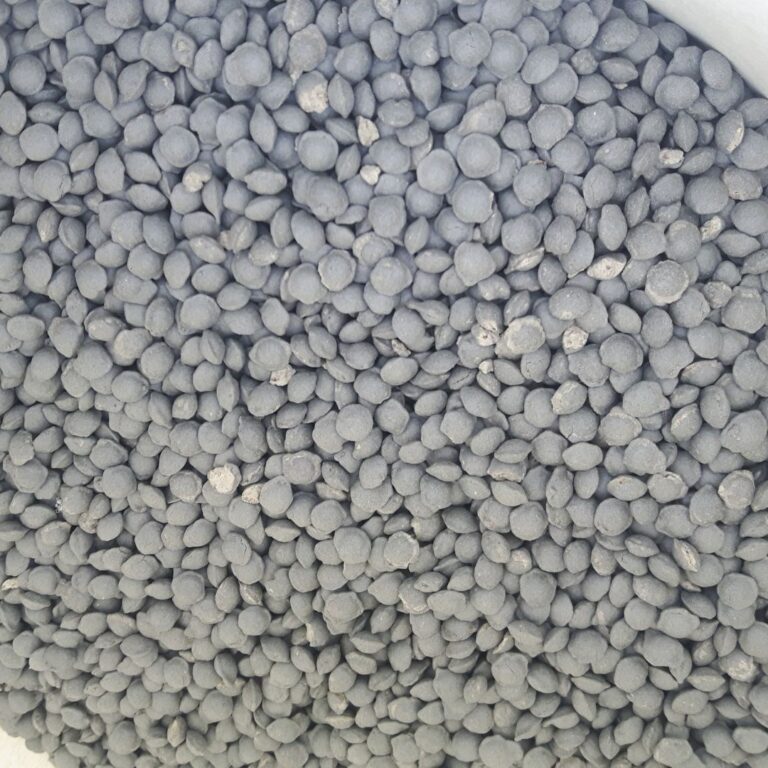
Introduction: The Role of Defoamers
In the intricate operations of the oil and gas industry, managing foam formation is crucial. Defoamers play a pivotal role in ensuring smooth processes and efficient production. Let’s delve into the significance of defoamers and how they function within this sector.
What are Defoamers?
Defoamers are chemical additives designed to suppress foam formation in various industrial processes, including oil and gas production. Foam can hinder operations by impeding the separation of oil, water, and gas phases, leading to inefficiencies and potential safety hazards.
The Mechanism of Defoamers
Defoamers work by destabilizing foam bubbles, causing them to collapse or coalesce, thereby reducing the surface tension of the liquid phase. This action allows trapped gases to escape more easily, promoting phase separation and preventing foam buildup.
Application in Oil & Gas Industry
In the oil and gas industry, defoamers find widespread application in drilling fluids, production fluids, and various upstream and downstream processes. They are particularly valuable in:
Drilling Fluids:
During drilling operations, foam can impair the performance of drilling fluids, leading to decreased drilling efficiency and potential equipment damage. Defoamers help mitigate these issues by rapidly breaking down foam, ensuring smooth drilling operations.
Production Fluids:
In the production phase, defoamers aid in separating oil, water, and gas phases efficiently. By preventing foam formation, they enhance the effectiveness of separation processes, leading to higher yields and improved product quality.
Upstream and Downstream Processes:
Defoamers are also integral to various upstream and downstream processes, including gas treatment, refining, and transportation. By maintaining foam-free conditions, they contribute to the overall efficiency and safety of these operations.
Benefits of Using Defoamers
The utilization of defoamers in the oil and gas industry offers several advantages:
- Enhanced Operational Efficiency: By preventing foam-related disruptions, defoamers ensure smooth and uninterrupted operations, leading to increased productivity.
- Improved Product Quality: Effective foam control results in better separation of oil, water, and gas phases, enhancing the quality and purity of the end products.
- Cost Savings: Minimizing foam formation reduces downtime, maintenance costs, and the need for corrective measures, ultimately leading to cost savings for companies.
The Difference Between Antifoam and Defoamer
Definition: While defoamers suppress foam formation after it occurs, antifoams prevent foam from forming in the first place by inhibiting bubble formation.
Mechanism of Action: Defoamers destabilize existing foam bubbles, causing them to collapse. Antifoams disrupt the foam stabilization process, preventing bubble formation.
Application: Defoamers are applied where foam has already formed, whereas antifoams are used preventatively to stop foam from developing.
Supplier of Defoamers

When seeking defoamer chemical suppliers for oil and gas applications, it’s crucial to choose reputable providers known for quality products and reliable service. Conduct thorough research, and consider factors such as product effectiveness, environmental impact, and supplier reputation before making a selection.
FAQs (Frequently Asked Questions)
Q1. Can defoamers be used in all oil and gas processes?
Yes, defoamers can be applied in various processes, including drilling, production, and refining, where foam formation is a concern.
Q2. Are defoamers environmentally friendly?
Many defoamers are designed to be environmentally friendly, with formulations that minimize ecological impact.
Q3. How do I choose the right defoamer for my application?
Consider factors such as the type of foam, operating conditions, and compatibility with other additives when selecting a defoamer.
Conclusion
In conclusion, defoamers are essential additives in the oil and gas industry, contributing to operational efficiency, product quality, and cost savings. By understanding their mechanism, applications, and differences from antifoams, companies can effectively manage foam-related challenges and optimize their processes. Embracing defoamer technology is crucial for staying competitive and ensuring smooth operations in this dynamic industry.



